Keywords: Stolen Generations
There are more than 24 results, only the first 24 are displayed here.
Become a subscriber for more search results.
-

INTERNATIONAL
- Sergey Maidukov Sr.
- 04 February 2025
As global powers weigh the prospect of negotiating with Vladimir Putin, indicted for war crimes, the moral dilemma looms: can peace justify sitting down with a war criminal? This question, compounded by the ongoing suffering in Ukraine, forces leaders to balance expediency against the principles of justice, accountability, and human rights.
READ MORE
-

AUSTRALIA
- Stephen Alomes
- 25 January 2025
With debates around Australia Day continuing to divide, might shifting the national celebration to another day, rooted in resilience and renewal, offer a fresh start? By embracing a new unifying symbol, Australia could move beyond the pain of the past toward a national day that reflects unity, hope, and shared values.
READ MORE
-

AUSTRALIA
- Andrew Hamilton
- 27 March 2024
Love is a much-used word, and, like domestic cutlery, it tends to lose its shine. Its boundaries then shrink to the average rather than to the inspiring. For that reason we need stories that stretch the ceiling of love beyond anything we could imagine. Not because we think that we could reach such far places, but because it enlarges the horizon of our lives.
READ MORE
-
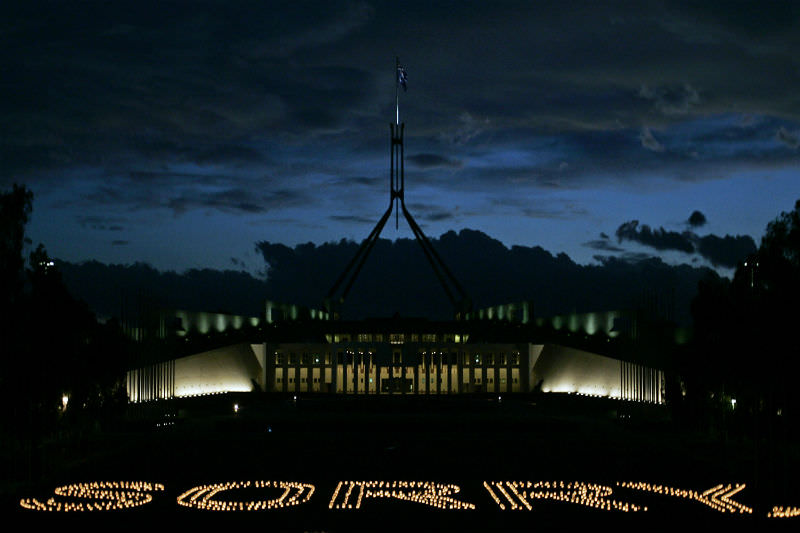
AUSTRALIA
- Andrew Hamilton
- 08 February 2024
3 Comments
Kevin Rudd's Apology to the Stolen Generations in 2008 seems to belong to a different age. It can never be unsaid. It can, however, be disregarded. For that reason it continues to be important. It is a measuring stick by which both Parliamentary behaviour and the treatment of Indigenous Australians can be judged.
READ MORE
-
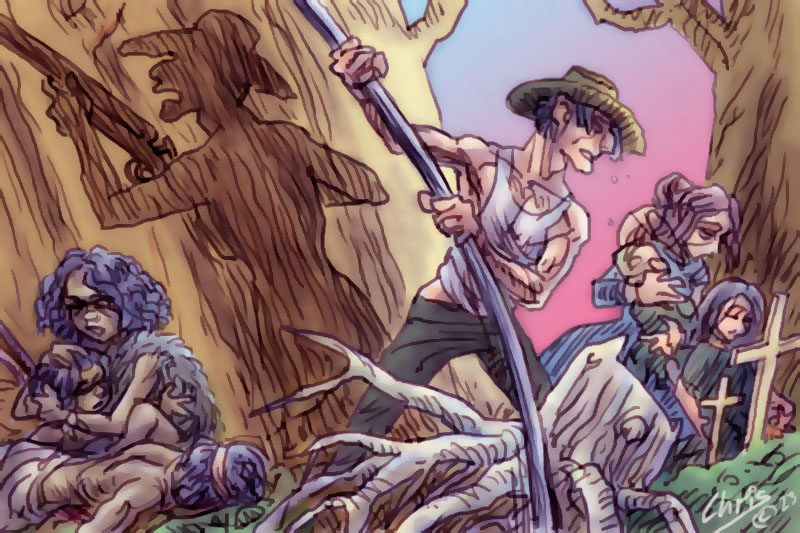
AUSTRALIA
- Barry Gittins
- 16 November 2023
6 Comments
How should our nation reckon with its colonial history and its lasting impact on contemporary society? From the stark realities of early settlement to the enduring legacies of injustice towards Indigenous peoples, this piece explores what it means for a country to grapple with its identity amidst a backdrop of change.
READ MORE
-

AUSTRALIA
- Michael McVeigh
- 05 May 2023
1 Comment
Recent books Statements from the Soul and An Indigenous Voice to Parliament explore different perspectives on the Uluru Statement, including the relationship between the land and Indigenous people and the legal impact of the proposed constitutional change, while demonstrating the need to appeal to hearts and minds in rallying support for an Indigenous Voice.
READ MORE 
-

ARTS AND CULTURE
- Barry Gittins
- 20 December 2022
1 Comment
When we reflect on how best to live with the consequences of our shared, bloodied history, The Australian Wars calls for a counter-narrative; a re-positioning and re-phrasing of what has brought us to this point in our oft-stalled journey towards reconciliation.
READ MORE 
-
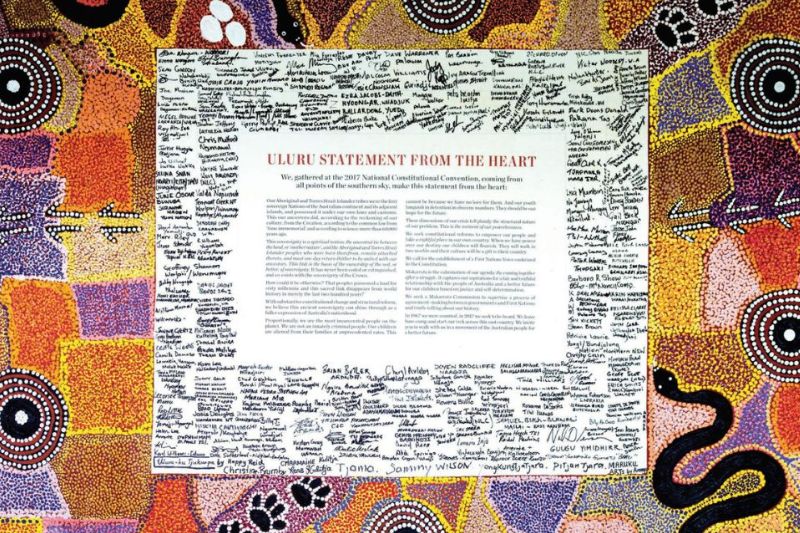
AUSTRALIA
- Glenn Loughrey
- 14 December 2022
1 Comment
In reflecting upon the Statement from the Heart, we need to explore what it is, what it is not, and how it works. The creative dynamic of the Statement is that it is a tool of justice and heart-healing. It is restorative justice writ large, involving the elements that make up the process leading to a resolution of the past and a creative response to the future by enacting justice in the present.
READ MORE 
-
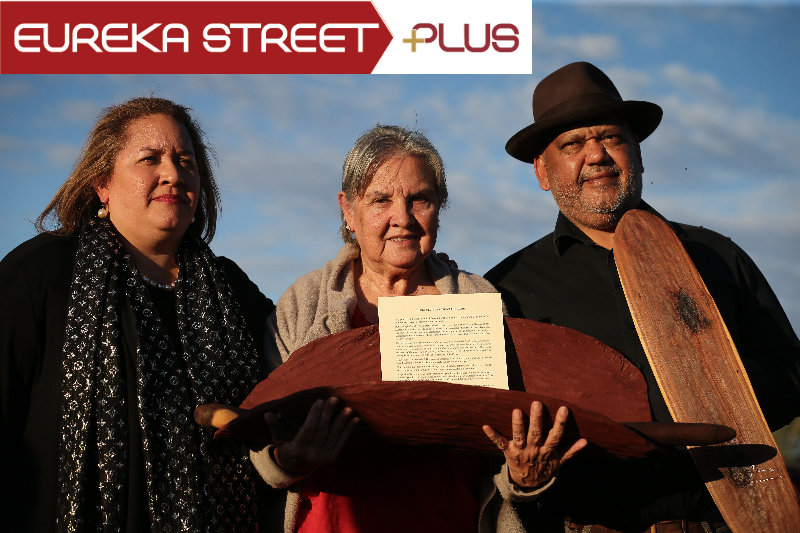
AUSTRALIA
- Frank Brennan
- 06 May 2022
5 Comments
Whoever is Prime Minister after the election on May 21, he will need to address the question of Indigenous recognition in the Australian Constitution. This is the sixth election in a row when the question has been a live, unresolved issue during the election campaign. The patience of Indigenous leaders is understandably wearing thin. Trust is waning. There is still no clear path ahead. So where to from here?
READ MORE 
-
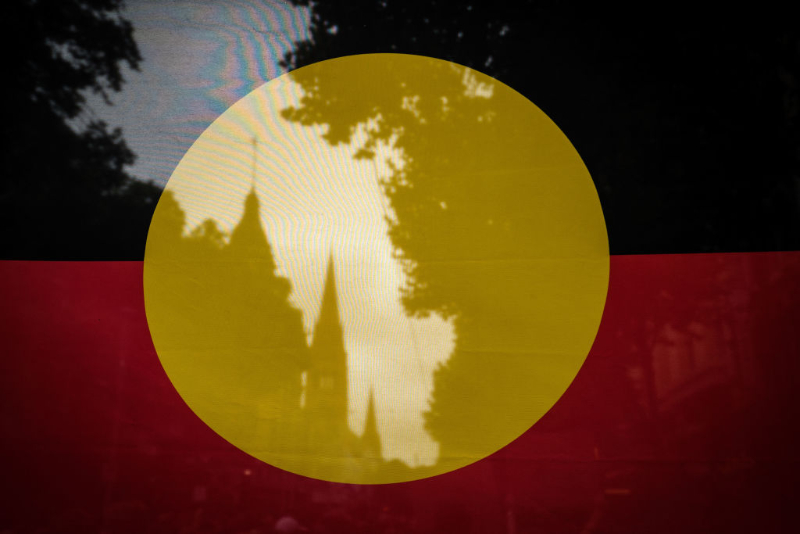
AUSTRALIA
- Dean Ashenden
- 03 May 2022
6 Comments
The danger is that unless commissions and inquiries are accompanied by other ways of telling other truths they will inadvertently help to shrink that national story into the story of victims who in fact have never been only victims, and of unmentioned perpetrators who in fact have never been only perpetrators. They risk preaching to a more-or-less converted majority and to an implacably unconverted minority.
READ MORE 
-
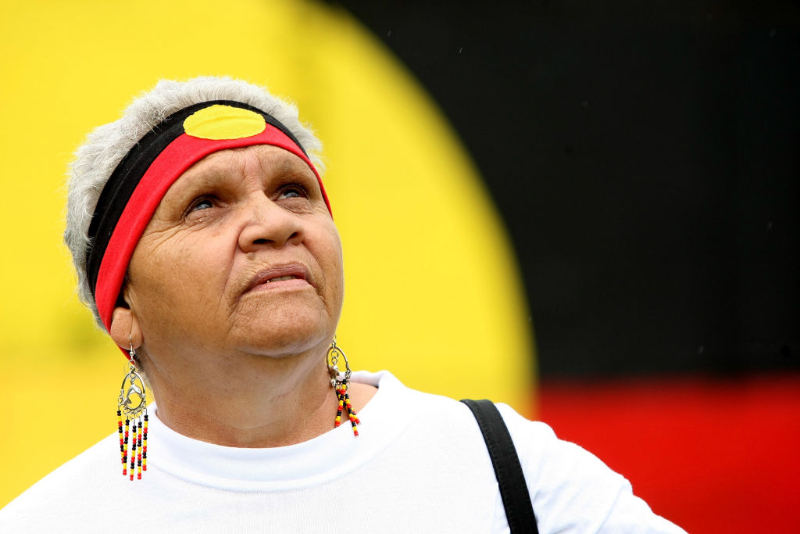
AUSTRALIA
- Andrew Hamilton
- 14 February 2022
6 Comments
The Apology by the representatives of Government was a landmark at the juncture of the road from the past and the path to the future. It defined the harm suffered by Indigenous Australians at the hands of governments obsessed by an ignorant and biased ideology. It also vindicated the Indigenous advocates who had long demanded an end to discriminatory attitudes and behaviour within non-Indigenous Australian society and its institutions.
READ MORE 
-
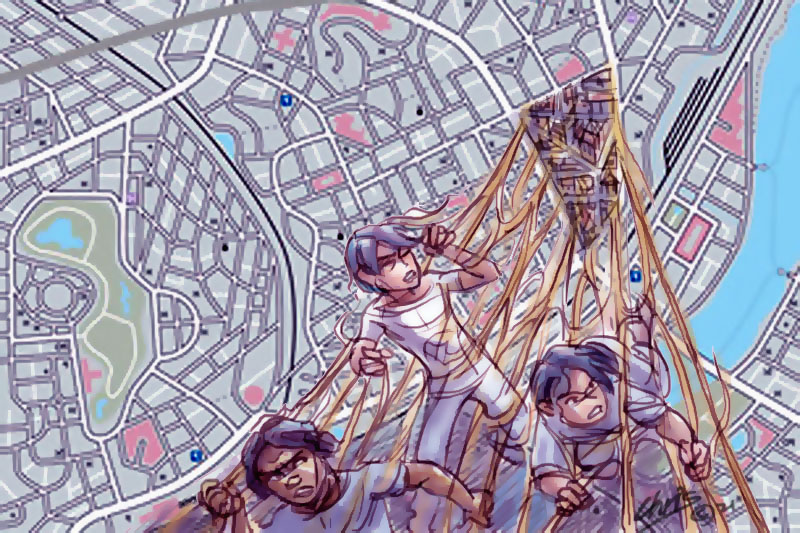
AUSTRALIA
- Ross Homel
- 09 December 2021
2 Comments
A small minority of localities situated outside Greater Brisbane suffer from disproportionately high rates of a wide array of problems including low income, overcrowding, long-term unemployment, particulate matter in the air, no internet, child maltreatment, and youth crime. These different strands of disadvantage pile-up and interlock, countering attempts to break free.
READ MORE 